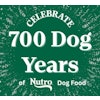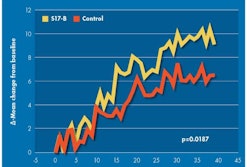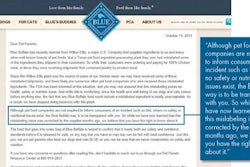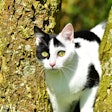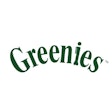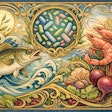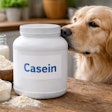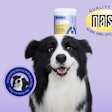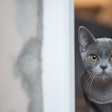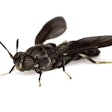This study examined whether dietary iodine restriction can reduce thyroid hormone concentrations in hyperthyroid cats.
Hill’s Pet Nutrition performed a 12-week randomized, blinded, prospective study in which hyperthyroid pet cats housed with their owners were fed a control food or a prototype restricted iodine food. Elemental analysis confirmed that iodine levels were approximately 10-fold lower in the restricted iodine food than in the control food. In the restricted iodine group, serum total thyroxine (TT4), free thyroxine, triiodothyronine, creatinine and alanine transaminase significantly decreased, while blood urea nitrogen, aspartate transaminase and alkaline phosphatase did not significantly change. In contrast, in cats fed the control food, alanine transaminase and aspartate transaminase significantly increased, but none of the other measures changed.
At the end of the study, all 12 cats in the restricted iodine group had decreased TT4 concentrations, whereas in the control group, TT4 concentrations had decreased in four cats, increased in four and not changed in two. At the end of the study, six of 12 cats in the restricted iodine group and zero of 10 in the control group were euthyroid. None of the cats in either group became hypothyroid, and body weights and urine specific gravity did not significantly change.
These results show that over 12 weeks, feeding a restricted iodine food reduces serum thyroid hormone concentrations in hyperthyroid cats without negatively affecting other measures of health. Feeding a restricted iodine food warrants further study as a treatment option for feline hyperthyroidism.
Source: Dale Fritsch et al., Pet Nutrition Center, Hill’s Pet Nutrition Inc., 2014. A restricted iodine food reduces circulating thyroxine concentrations in cats with hyperthyroidism. JARVMonline, 2014.

